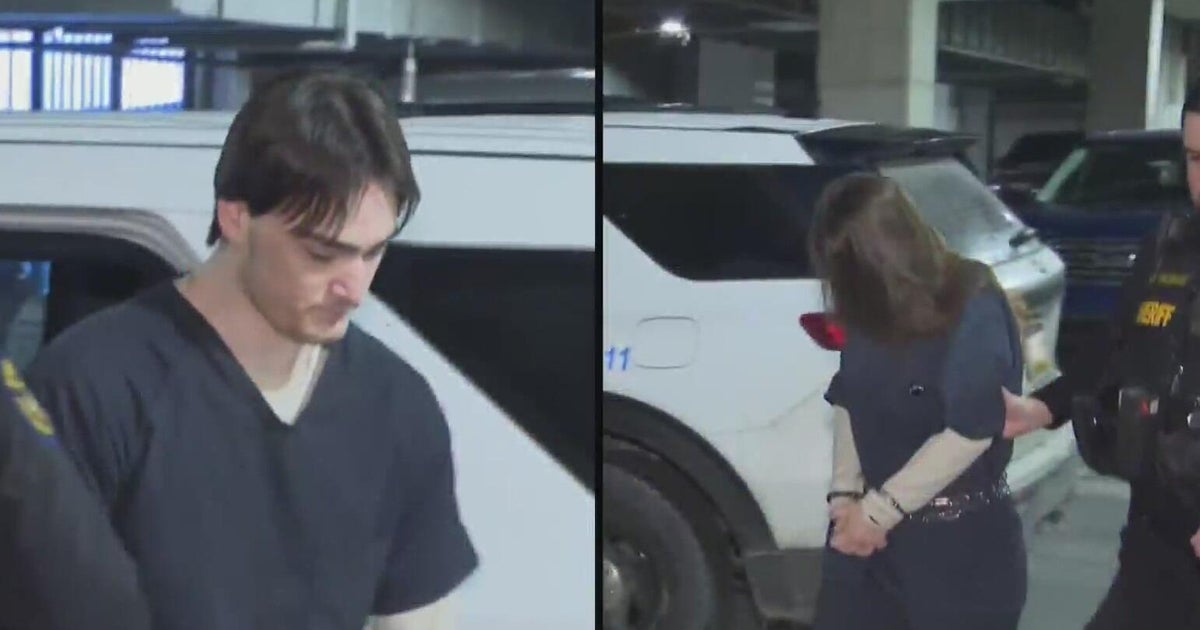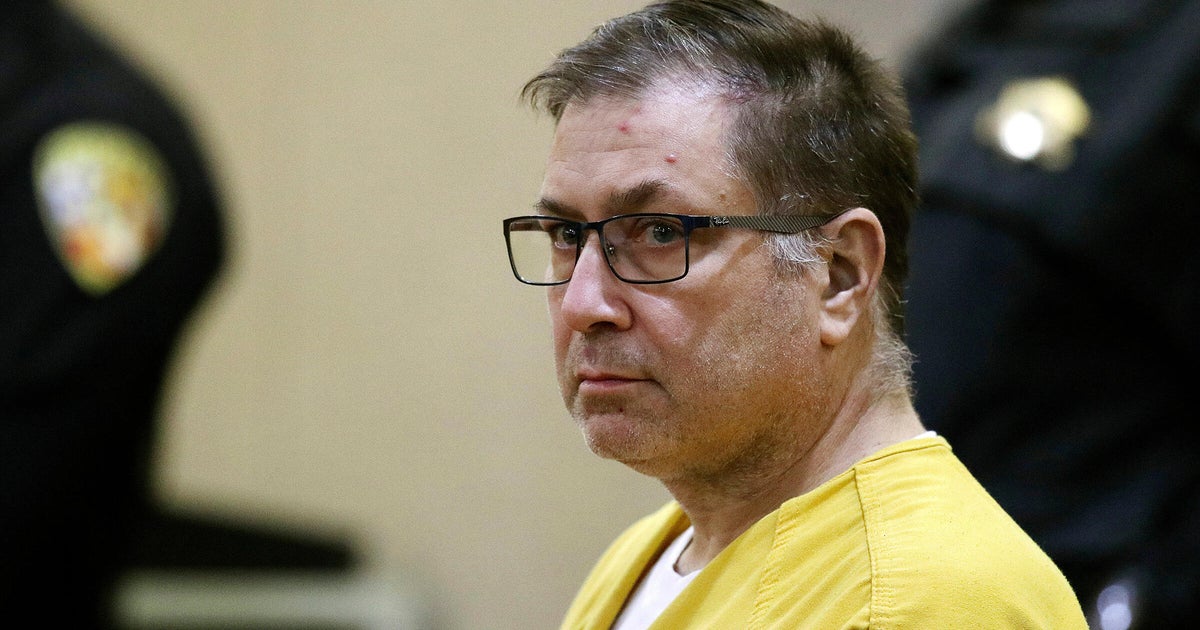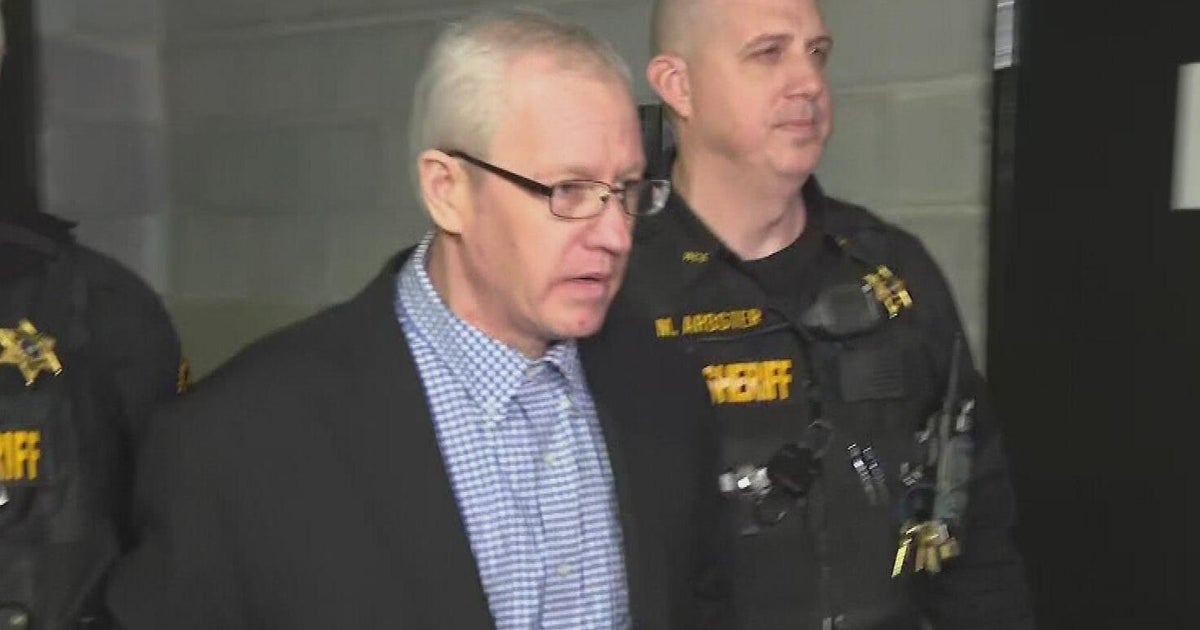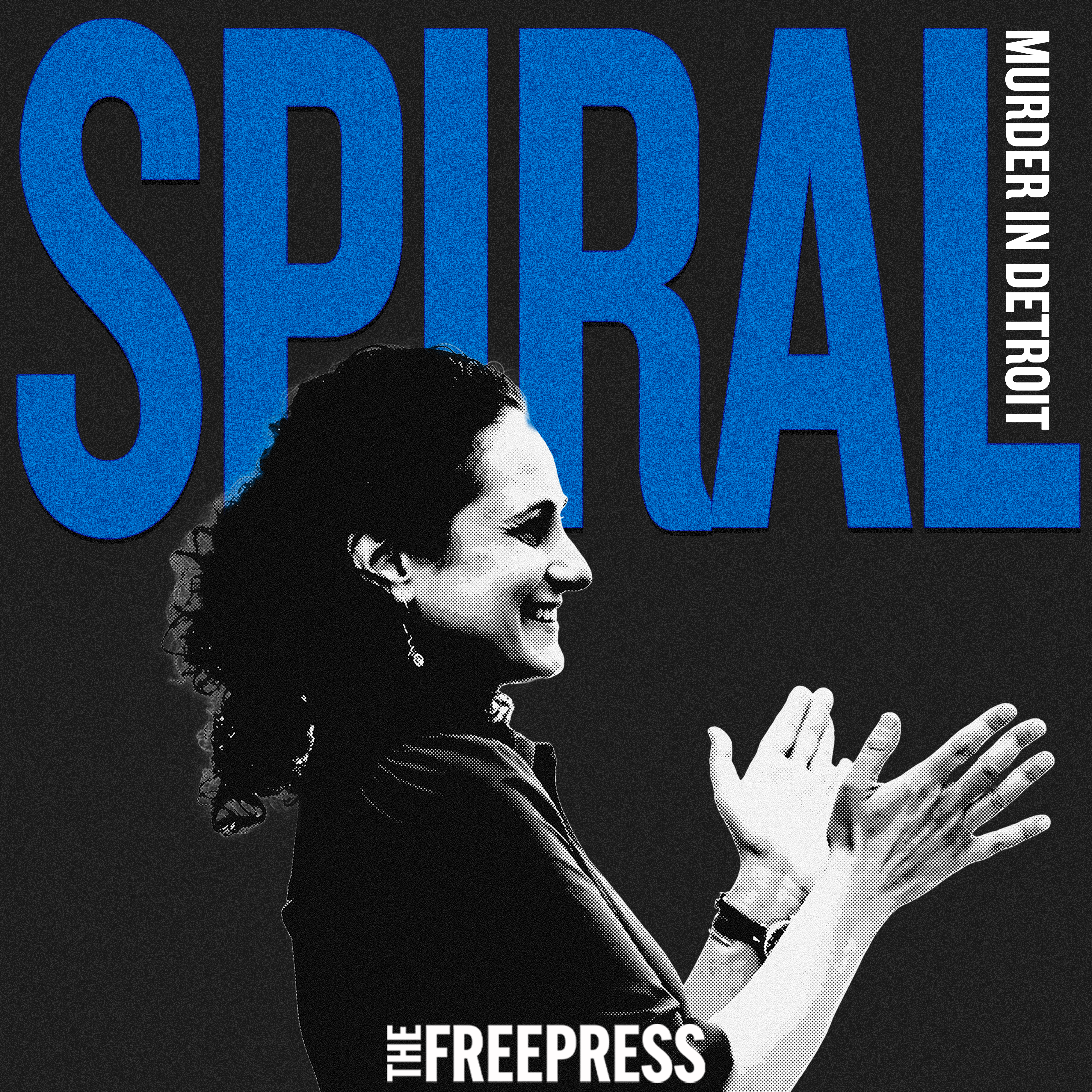Former Klansman guilty of murder
In the final trial stemming from one of the most notorious crimes of the civil rights era, a jury convicted former Ku Klux Klansman Bobby Frank Cherry of murder Wednesday in a church bombing that killed four black girls in 1963.
The 71-year-old Cherry faces an automatic sentence of life in prison. The jury of nine whites and three blacks deliberated less than a day before returning the verdict after a weeklong trial marked by witnesses with admittedly faded memories and haunting images from the nation's segregationist past.
A CBS News producer who was in the courtroom for the verdict said that Cherry reacted emotionally to the verdict. Asked by the judge if he had any comment, Cherry stood, pointed at prosecutors and said: "This whole bunch lied all the way through this thing."
"I told the truth," he said. "I don't know why I'm going to jail for nothing."
Outside the courthouse, one of the ministers who pressed the FBI to reopen the case, Abraham Lincoln Woods, exulted over the guilty verdict.
"This makes a real loud statement for Birmingham, Alabama," Woods said. "We are not going to tolerate domestic terrorists. Finally Osama bin Cherry has been brought to the bar of justice. Glory Hallelujah!"
Cherry was accused of being part of a group of Klansmen who plotted to bomb Sixteenth Street Baptist Church, a downtown rallying spot for protests against racial segregation in 1963.
He was the last suspect to be tried in the blast. In the nearly four decades since it jolted the nation's conscience on a Sunday morning, two other ex-Klansmen were convicted and a fourth died without being charged.
The dynamite bomb killed 11-year-old Denise McNair and three 14-year-olds: Addie Mae Collins, Carole Robertson and Cynthia Wesley. Their relatives sat on the front row of the courtroom throughout the trial, and several testified.
In the blast, Sarah Collins Rudolph lost a sister, and an eye.
"This was really justice for the four of them," she said. "This let us know they didn't die in vain."
After the verdict, Eunice Davis, the sister of Cynthia Westerly, walked out of the courtroom in tears, saying, "It's time, it's time."
The bomb shook the downtown area shortly after 10 a.m. as church members were preparing for a youth-led Sunday worship service on Sept. 15, 1963. The city's public schools had been integrated a few days earlier after a six-year court fight, and tensions had been running high for much of the year.
By killing young girls at church for worship, the blast exposed the chilling depth of racial hatred that black protesters faced in the Deep South and helped bring racial moderates off the sidelines of the civil rights struggle. Within two years, as protests spread in the wake of the bombing, federal civil rights and voting rights laws were passed by Congress.
Denise's mother, Maxine McNair, described for the jury how she was in the church when the bomb exploded.
"My first thought was, 'My baby, my baby,'" she said.
Evidence showed Cherry was a suspect within days of the bombing, and he moved his family to Texas in the early 1970s as authorities in Alabama continued questioning him about the bombing. A retired trucker, he most recently lived in the town of Mabank, southeast of Dallas.
Cherry always denied involvement in the bombing, both publicly and in a series of interviews with investigators.
But prosecutors reopened the case in 1995 and found five estranged family members and acquaintances who said Cherry boasted of his involvement in the infamous crime, the deadliest single attack in the civil rights era.
"He said he lit the fuse," testified ex-wife Willadean Brogdon.
Added granddaughter Teresa Stacy: "He said he helped blow up a bunch of niggers back in Birmingham."
Prosecutors also presented witnesses and secretly recorded tapes to show that Cherry was associated with ex-Klansmen Thomas Blanton Jr. and Robert "Dynamite Bob" Chambliss, the two men previously convicted in the bombing.
Defense attorneys argued that the links meant nothing. Everyone in the Klan could have been a suspect, they said. Defense attorney Mickey Johnson said those who claimed to have heard Cherry confess were all liars out to get a mentally addled old man.
"Can any of these witnesses have any credibility with the jury?" Johnson asked.
Cherry did not testify. His trial was delayed about a year by questions over his mental competency, and Johnson said his client easily could have become confused on the stand if asked to testify.
"We determined that putting Mr. Cherry on the stand would be like dueling an unarmed man," Johnson said.
For years, it looked like none of the bombing suspects would be brought to court. FBI Director J. Edgar Hoover concluded in 1965 that Birmingham's racial climate meant a guilty verdict was highly unlikely, and the government closed the case in 1968 without any charges.
A state investigation was reopened in the 1970s under former Alabama Attorney General Bill Baxley, and Chambliss was convicted in 1977 and sentenced to life. He died in prison.
Federal authorities reopened the case in 1995 at the urging of black ministers troubled by the lack of prosecution in the girls' deaths.
Cherry and Blanton were indicted in 2000, and Blanton was convicted and sentenced to life imprisonment last year. The fourth main suspect, Herman Cash, died in 1994 without being ever charged.



